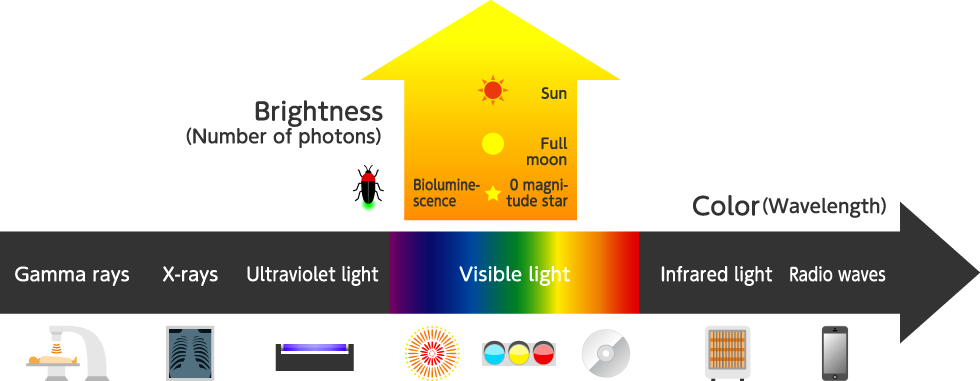Several sunspots dot the face of the sun.
Similarities between visible light infrared and ultraviolet.
Infrared on the other hand is invisible to the human eye and exists just beyond the visible spectrum.
As adjectives the difference between infrared and ultraviolet is that infrared is having the wavelength in the infrared while.
Visible light is the portion of the electromagnetic spectrum that can be seen with the naked eye.
These two images of the sun were taken at nearly the same time on february 3 2002.
They are both electromagnetic radiation and or photons.
The key difference between infrared and ultraviolet radiation is that the wavelength of infrared radiation is longer than that of visible light whereas the wavelength of ultraviolet radiation is shorter than the wavelength of visible light.
We would like to show you a description here but the site won t allow us.
The image on the right shows the sun in ultraviolet uv light at a wavelength of 30 4 nanometers 304 ångstroms.
What is the difference between infrared and visible light.
Infrared radiation is just a longer wavelength of light than visible light.
The electromagnetic spectrum spans many orders of magnitude in energy and correspondingly in frequency and wavelength.
Light is a form of electromagnetic radiation.
The sun s lower atmosphere chromosphere shows up especially well in this uv.
It is located between ultraviolet and infrared radiation and is special because we have.
The optical radiation range is located between microwave radiation and x rays.
The differences between these 2 lights give them different applications.
Infrared and ultraviolet radiation are two types of electromagnetic radiation this means these radiation waves have an electric field and a magnetic.
As nouns the difference between infrared and ultraviolet is that infrared is electromagnetic radiation of a wavelength longer than visible light but shorter than microwave radiation having a wavelength between 700 nm and 1 mm while ultraviolet is ultraviolet colour.
Other than that the only difference is our ability to see it with our eyes.
Other forms of electromagnetic radiation include radio waves microwaves infrared radiation ultraviolet rays x rays and gamma rays.
The optical radiation range is composed in order of increasing energy of infrared visible and ultraviolet radiation.

